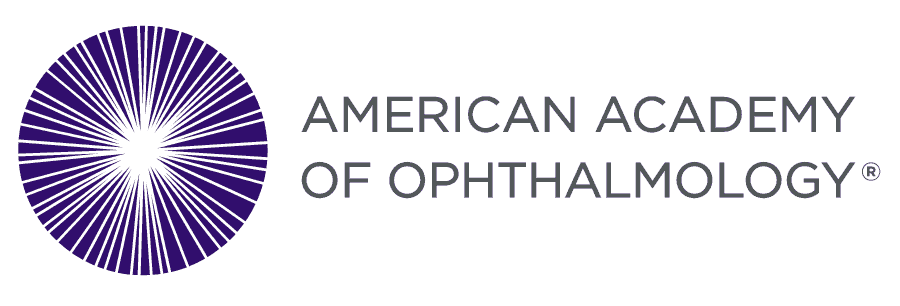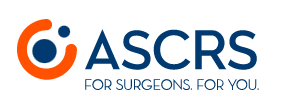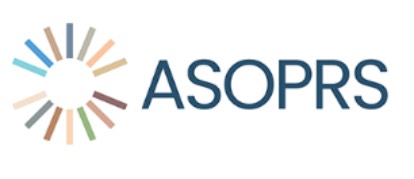In recent years, artificial intelligence (AI) has emerged as a powerful tool in various fields, and ophthalmology is no exception. From early detection of eye diseases, to personalized treatment plans, AI is transforming eye care. Understanding how AI is being integrated into ophthalmology can help you make informed decisions about your eye health. Below, we’ll explore the role of AI in eye care, and how it can benefit patients.
Early Detection and Diagnosis:
One of the most significant contributions of AI to ophthalmology is its ability to assist in the early detection and diagnosis of eye diseases. Through the analysis of medical images such as retinal scans and optical coherence tomography (OCT) images, AI algorithms can identify subtle signs of conditions like diabetic retinopathy, glaucoma, and age-related macular degeneration (AMD). By detecting these diseases at an early stage, doctors can intervene sooner, potentially preventing vision loss or blindness.
Personalized Treatment Plans:
Analyzing a patient’s medical history, genetic predispositions, lifestyle factors, and imaging data, AI algorithms can recommend the most effective treatment options that are tailored to individual needs. This personalized approach not only improves treatment outcomes, but also minimizes the risk of adverse side effects.
Telemedicine and Remote Monitoring:
With the rise of telemedicine, AI powered platforms can make it easier for patients to access eye care from the comfort of their homes. Through smartphone apps or web-based platforms, patients can upload images of their eyes for analysis by AI algorithms. These algorithms can screen for common eye conditions, provide preliminary diagnoses, and even monitor disease progression over time. This remote monitoring capability is especially beneficial for patients with chronic eye diseases who require regular check-ups.
Enhanced Surgical Precision:
In addition to diagnosis and monitoring, AI is enhancing surgical precision in ophthalmology. For example, during cataract surgery, AI assisted systems can analyze real-time data from imaging devices to help surgeons make more precise incisions, and place intraocular lenses with greater accuracy. This can result in better visual outcomes and faster recovery times for patients undergoing eye surgery.
Patient Education and Empowerment:
AI powered tools are empowering patients to take control of their eye health through education and awareness. Mobile apps and online platforms equipped with AI capabilities can provide personalized health recommendations, lifestyle tips, and educational resources to help patients get a better understanding about their eye conditions. By arming patients with knowledge and support, AI is promoting proactive eye care and early intervention.
As AI continues to advance, its impact on ophthalmology will only grow stronger. From early disease detection, to personalized treatment plans and enhanced surgical outcomes, AI is revolutionizing eye care in ways that benefit patients across the globe. By staying informed about these advancements, you can actively participate in your eye health journey and ensure the best possible outcomes for your vision.






